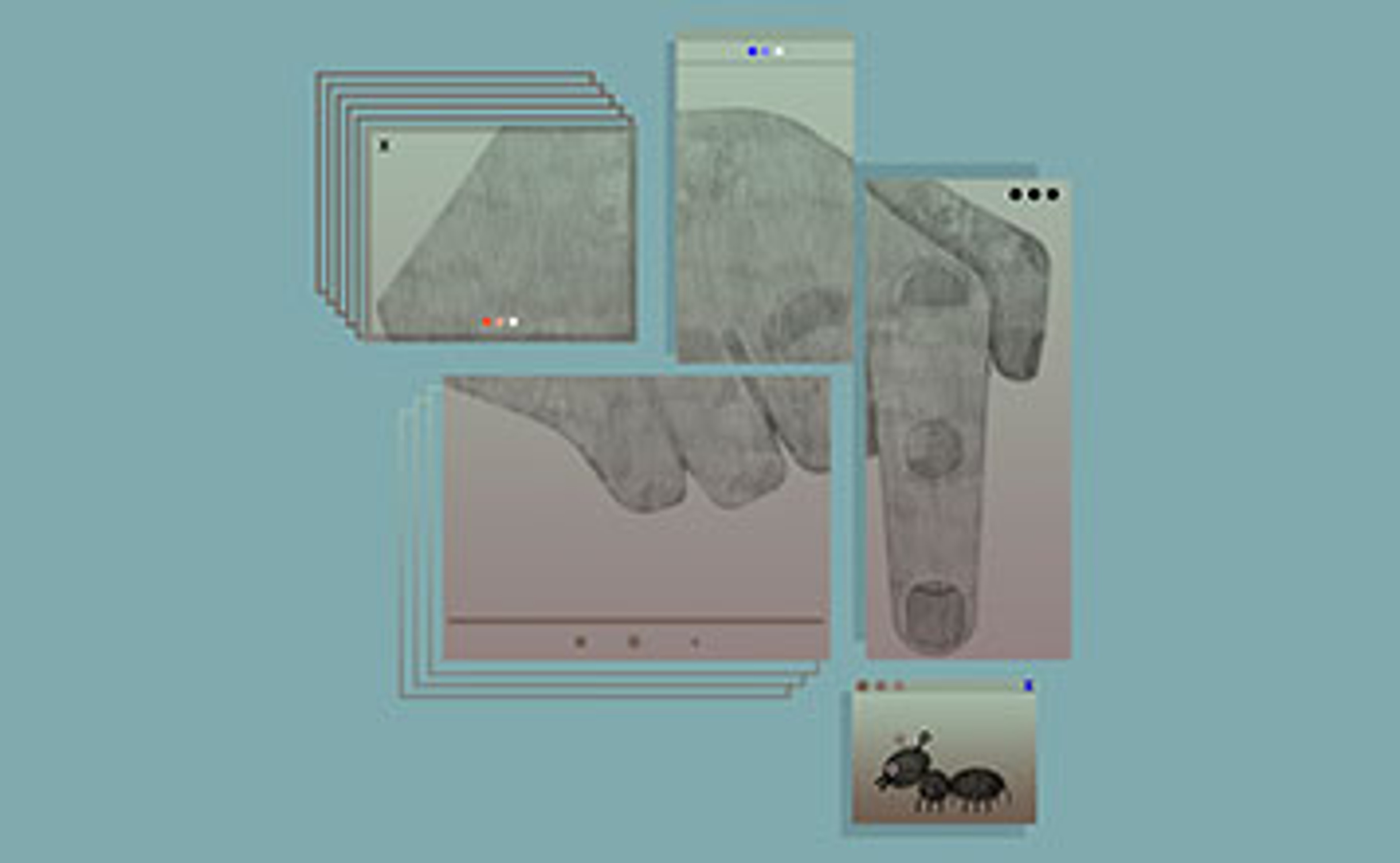Francis Fukuyama
Francis Fukuyama is the Olivier Nomellini senior fellow at the Freeman Spogli Institute for International Studies, Stanford University. He was previously Bernard Schwartz Professor of International Political Economy at the School of Advanced International Studies (SAIS), John Hopkins University, and Hirst Professor of Public Policy at George Mason University. He has worked at the Rand Corporation and as a member of the Policy Planning Staff of the US Department of State.
Francis Fukuyama received his B.A. from Cornell University in classics, and his Ph.D. from Harvard in Political Science. He has written widely on questions concerning democratization and international political economy. His book, The End of History and the Last Man, was published by Free Press in 1992 and has appeared in over twenty foreign editions.
Fukuyama was previously a member of the 21st Century Council and The WorldPost Advisory Council.

